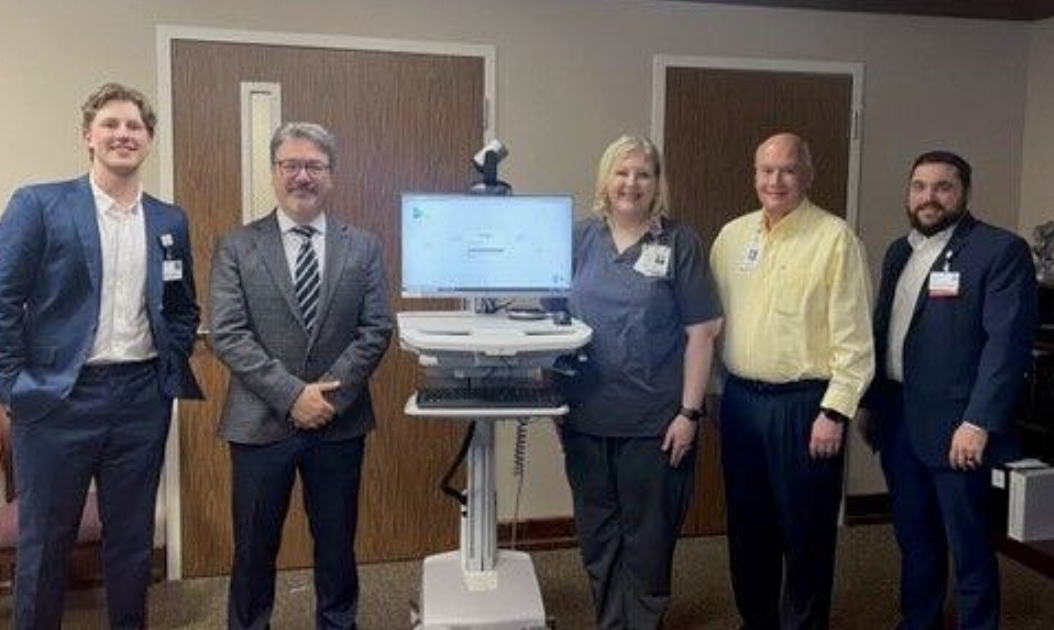Staff Reports news@times-journal.com
CHATTANOOGA, TENN. – Residents in the Fort Payne region can now receive exceptional neurology and stroke diagnosis closer to home through a new telemedicine partnership between DeKalb Regional Medical Center and Erlanger.
This new partnership improves access to specialty trained stroke neurologists at Erlanger to consult and diagnose stroke patients, reducing the time for lifesaving treatment. By offering access to neurology specialists through telemedicine, patients will have the opportunity to receive stroke treatment and continued care closer to home, reducing the number of transfers to another medical facility.
“We’re pleased to announce our collaboration with Erlanger to offer convenient access to neurological and stroke services,” said Darrell Blaylock, CEO of DeKalb Regional Medical Center. “In critical moments like a stroke, time is of the essence. Bringing neurology specialists closer to home will greatly support our community and stroke patients at DeKalb Regional.”
Stroke is the fifth leading cause of death and the leading cause of disability in the United States. Strokes affect patients of all ages, genders, and ethnicities. The disease happens when a blood vessel carrying nutrients and oxygen to the brain is blocked or ruptures. Risk factors for stroke can include high blood pressure, diabetes, heart disease, high cholesterol, obesity, smoking, family history of stroke and prior stroke or transient ischemic attack (TIA).
"Erlanger continues to find ways to partner with our surrounding communities to expand access to health care for all patients. This collaboration shows our commitment to our patients, our community and partner hospitals. We recognize the current deficits in Neurologic care in remote areas and Telemedicine is a platform that can be utilized to bridge that gap. We are honored to partner with DeKalb and look forward to serving the Fort Payne region," said Erlanger Neurology’s Stroke Program Director, Dr. Cleopatra Thurman.
Recognition of common stroke signs is crucial. Treatment is time sensitive and patients require evaluation at the appropriate stroke centers. Remember, FAST for stroke symptoms; Facial drooping, Arm weakness, Speech difficulties, Time to call 911.



